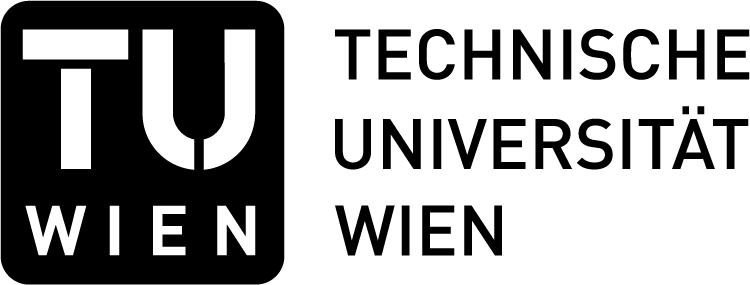CANOPUS
|
Description:
In urban areas public spaces are illuminated during the night. It results in an increased level of safety, but contributes significantly to the overall power consumption and costs of cities. In addition, the light quality is inadequate especially in residential areas due to technical and costs reasons.
A first solution is the use of energy efficient luminaries such as LED based lights. The advantage of LED based luminaries is that they can change the level of brightness almost instantaneously. Consequently, a further possible solution of increasing energy efficiency is to realize a demand responsive and sensor based control of the brightness. In case of the presence of a road user the level of brightness is raised and afterwards lowered again. Some small test sites with different focus have been installed in Austria. However, most of them are realized as a closed system, totally separated from any other system. They are supporting at most one type of sensor and are controlled either centralized or decentralized. Hence, we face the problem that closed systems without any interconnection to other systems strongly contradict the idea of an integrated planning and deployment.
The objective of CANOPUS is to realize a cost and resource efficient intelligent streetlight management system. It includes luminaries with a suitable lighting technology for residential areas and supports receiving data from heterogeneous sensors (e.g., 3D-ToF sensors, Grid-Eye Infrared sensors or cooperative sensors). The project focuses on road users in residential areas and open to cooperate with different management platforms. The benefit of the system is increasing energy efficiency without endangering road and personal safety of road users. It is possible to have a holistic view on residential areas and to optimize available resources in favor of the inhabitants.
The first step in the concept phase is to collect knowledge gained from multiple projects in the past, analyze existing solutions and discuss the current situation in public lighting with stakeholders. The design of the system allows for a support of different types of sensors and sensor fusion in order to control the streetlights centralized or in a decentralized fashion. The central server provides open interfaces and services used to cooperate with other high level management systems (e.g. traffic or smart power grid). The prototype will be deployed at a test site where user acceptance, energy efficiency and life cycle costs are evaluated.
To summarize: The expected result of CANOPUS is a modular lighting management system for residential areas. It controls the level of brightness of luminaries based on various aggregated and fused sensor inputs. It is implemented in a way that is can cooperate easily with high level management solutions for different areas (e.g. traffic management systems, smart power grid). Additionally, the results of the energy evaluation, user acceptance study and life cycle cost assessment serve as a solid base to discuss advantages and drawbacks of such a system with stakeholders.
This is a joint research project of SWARCO Futurit Verkehrssignalsysteme GmbH, Technische Universität Wien, Donau Universität Krems, Bluetechnix GmbH and ENERGY CHANGES Projektentwicklung GmbH.

